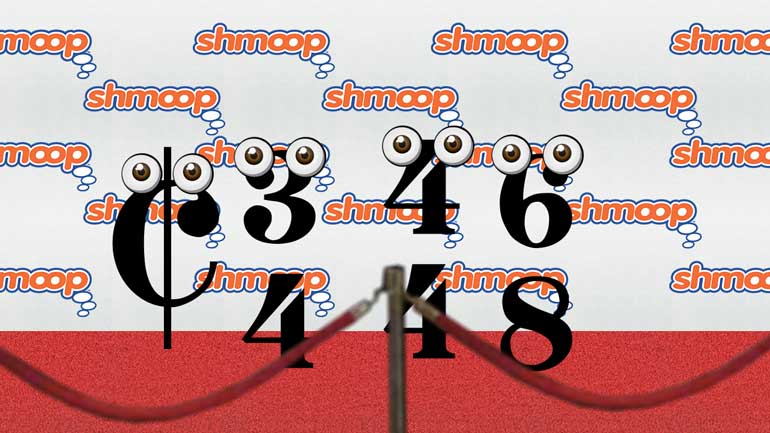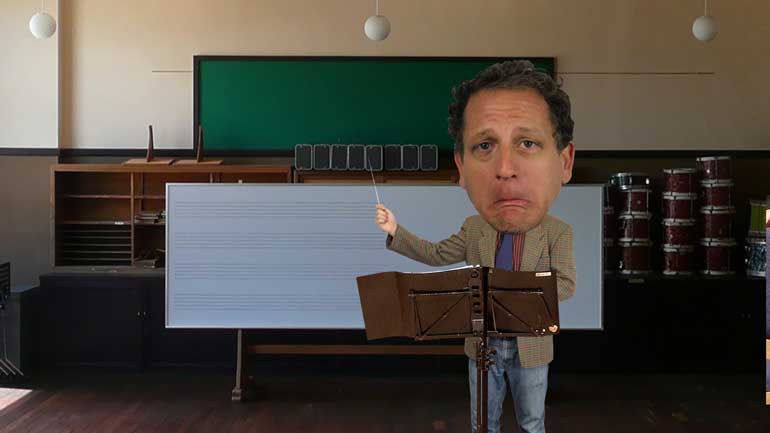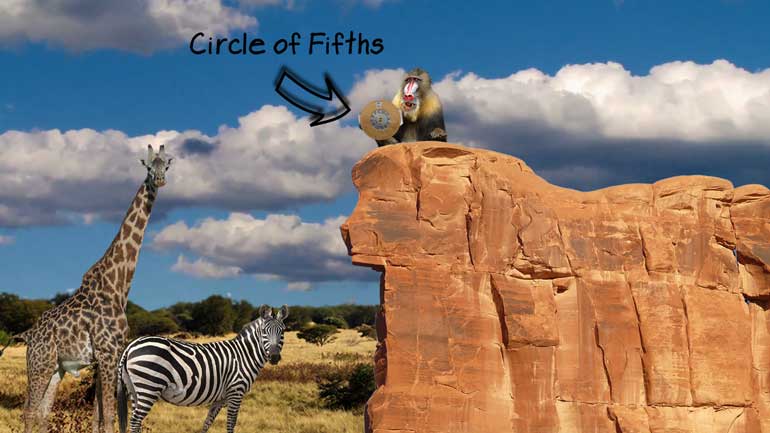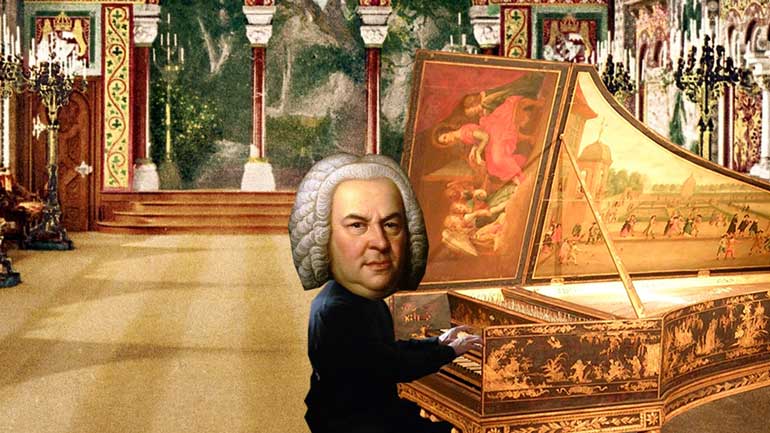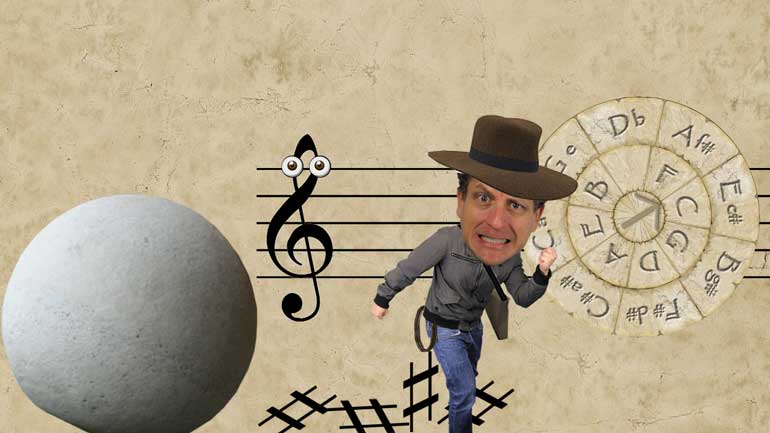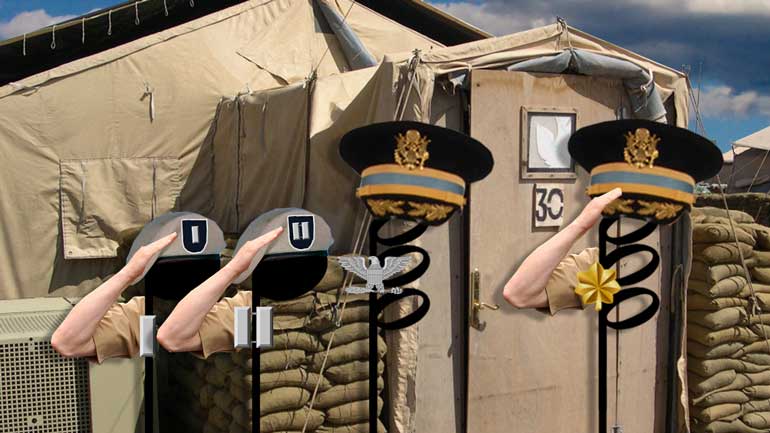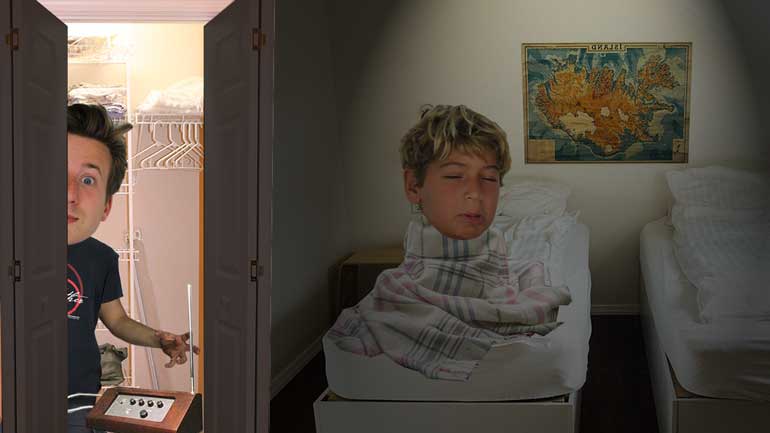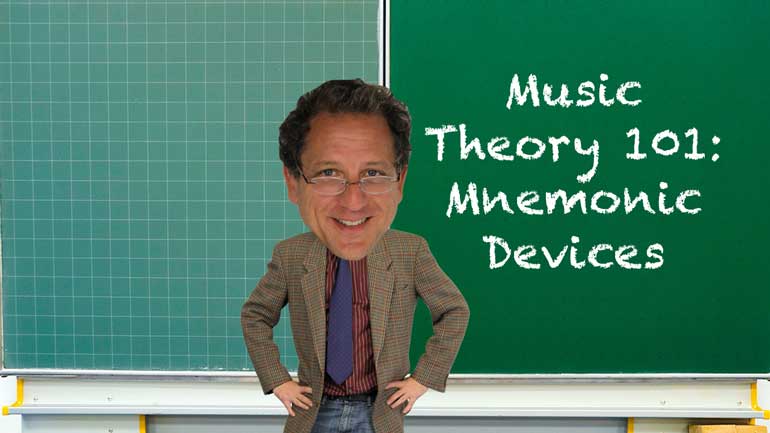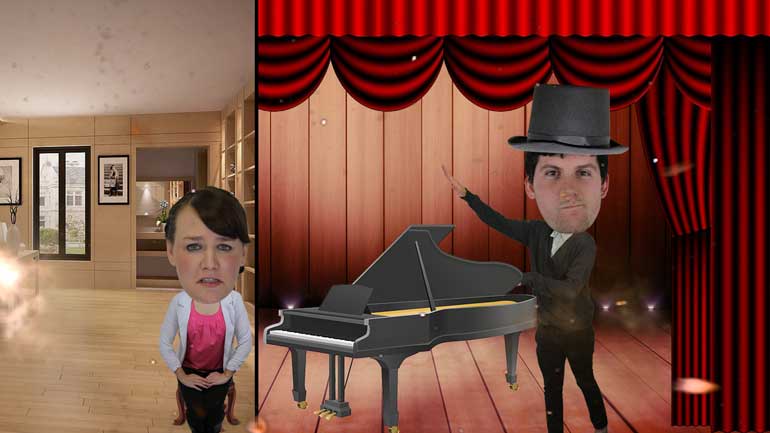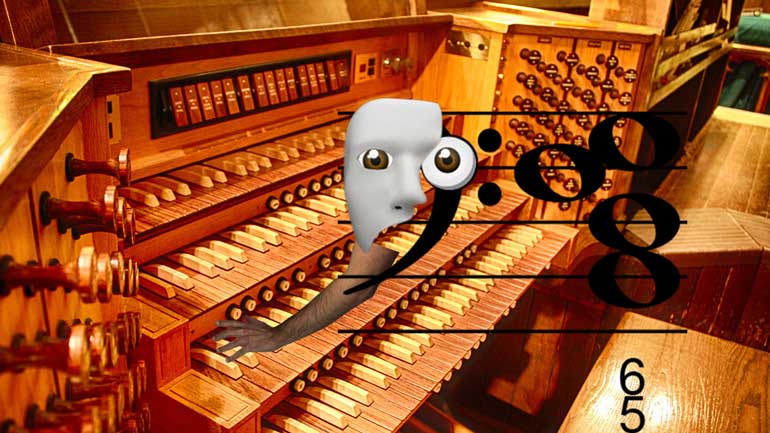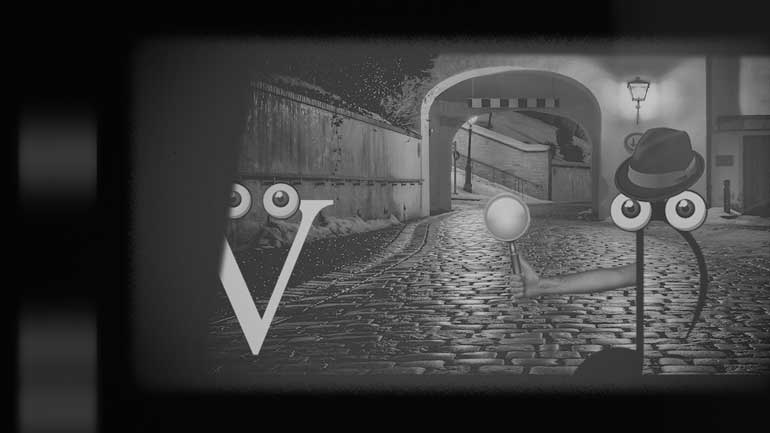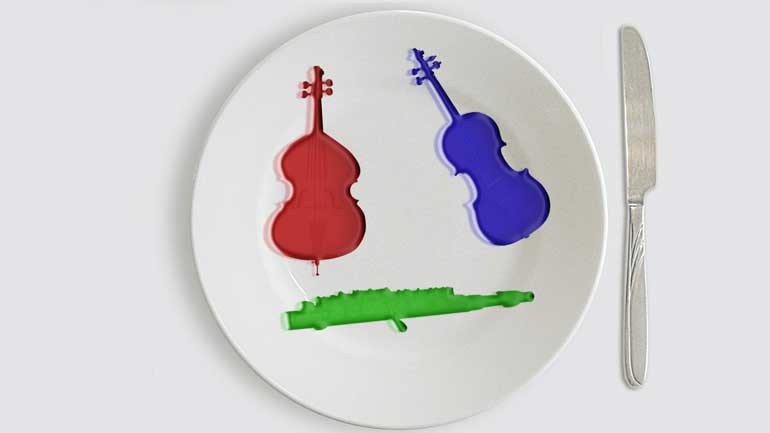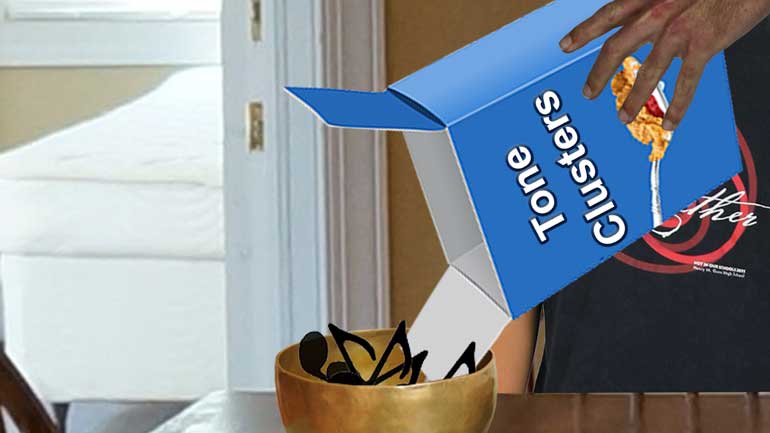ShmoopTube
Where Monty Python meets your 10th grade teacher.
Search Thousands of Shmoop Videos
AP Music Theory Videos 20 videos
AP Music Theory 3.5 Score Analysis. What kind of chord is shown above?
AP Music Theory 4.1 Score Analysis. Which of the following answers is an example of compound meter?
AP Music Theory 1.1 Music Terminology, Terms & Symbols. Which of the following scales contains the notes shown above?
AP Music Theory 3.4 Score Analysis 4 Views
Share It!
Description:
AP Music Theory 3.4 Score Analysis. What is the key signature shown above?
Transcript
- 00:04
And here's your shmoop du jour brought to you by the circle of fifths [rafiki on a clifftop]
- 00:07
it's like the circle of life just with the fewer lions alright here's our
- 00:11
question what's the key signature shown above right there and here your [A key signature]
- 00:15
potential answers....Well the easiest way to figure this
- 00:19
out is to break out our circle of fifths decoder ring, what? it's the prize found in
Full Transcript
- 00:24
a box of frosted eights, so we're looking for the key that has five sharps but [hand reveals circle of fifths from a box of frosted eights]
- 00:28
first let's eliminate answer D because there's no such key signature as d sharp
- 00:32
major we didn't even need our decoder ring for that one but well we kept it on [Decoder ring wearing sunglasses]
- 00:36
anyway it looks pretty cool now let's go back and start with key of G major which
- 00:40
has one sharp there next we input the key of D major which has two sharps and
- 00:45
then the key of A major which has three sharps and finally the key of E major
- 00:50
which has four sharps that means we can get rid of answer A because we're
- 00:56
looking for something with five sharps well next up is B major with a quick [Decoder ring showing five sharps detected]
- 01:01
glance at our decoder ring and we can see it has five sharps bingo but hang on
- 01:06
that's not one of the potential answers is our super accurate cereal box prize
- 01:11
malfunctioning well we knew we should have gone with honey bunches of notes [Packet of honeybunches]
- 01:14
but if we take another glance at our ring we can see it's not malfunctioning
- 01:18
at all we just forgot to check out our relative minor and while we may be on
- 01:22
the right track with answer C, B minor is actually the parallel minor to B
- 01:26
major which means they don't share the same key signature that means our [B minor and B major key signatures]
- 01:30
correct answer must be B - G sharp minor it's the relative minor of B major and
- 01:35
it has five sharps and perhaps the most compelling evidence we can present our
- 01:40
decoder ring says that we're right looks like we've cracked the code now can we
- 01:44
maybe get a bowl of frosted eight we're pretty hungry over here [Boy eating a bowl of frosted eights]
Related Videos
AP Music Theory 3.5 Score Analysis. What kind of chord is shown above?
AP Music Theory 4.1 Score Analysis. Which of the following answers is an example of compound meter?
AP Music Theory 4.2 Score Analysis. What figured bass symbol best describes the above chord?
AP Music Theory 1.1 Music Terminology, Terms & Symbols. Which of the following scales contains the notes shown above?
AP Music Theory 2.1 Music Terminology, Terms & Symbols. What is the key signature shown above?

